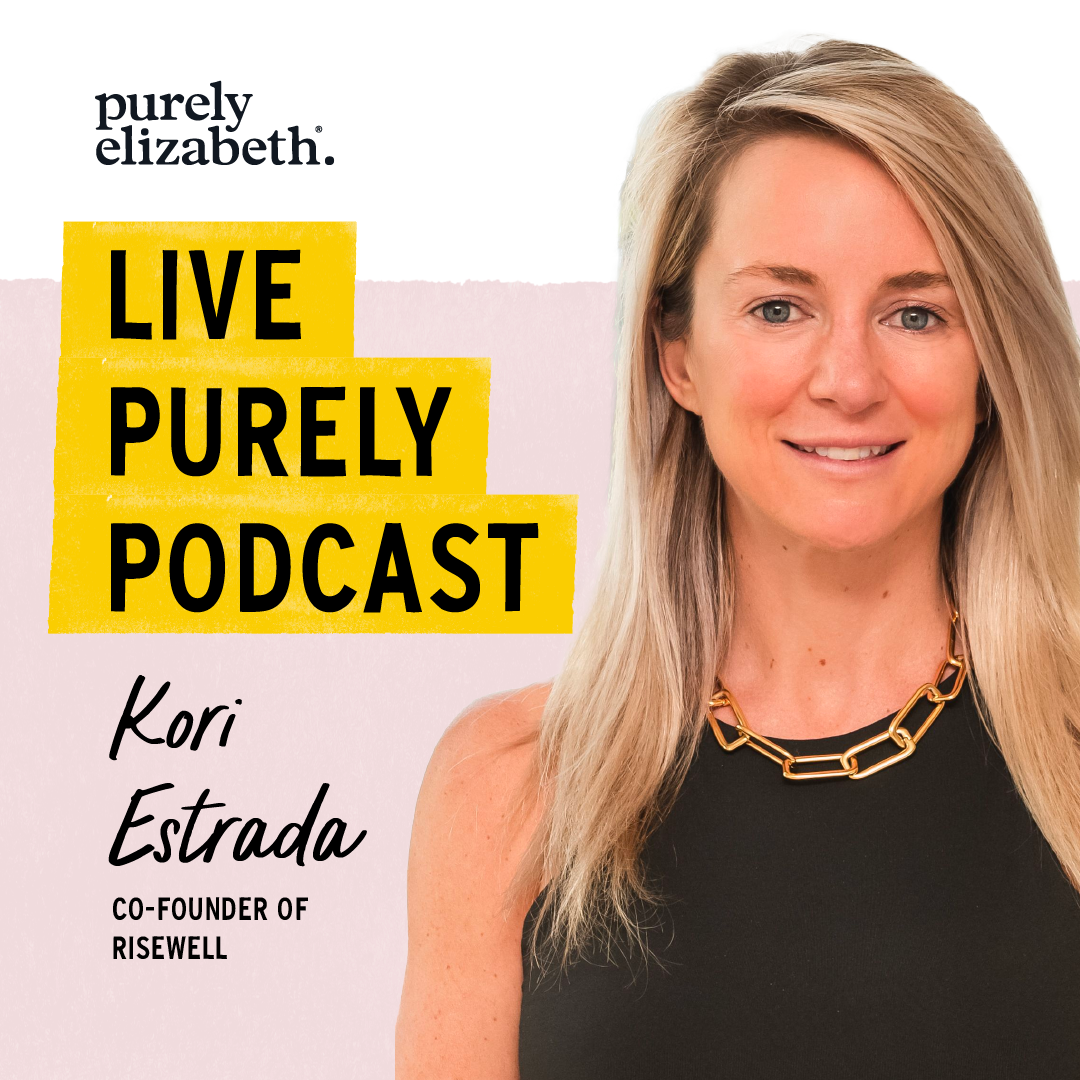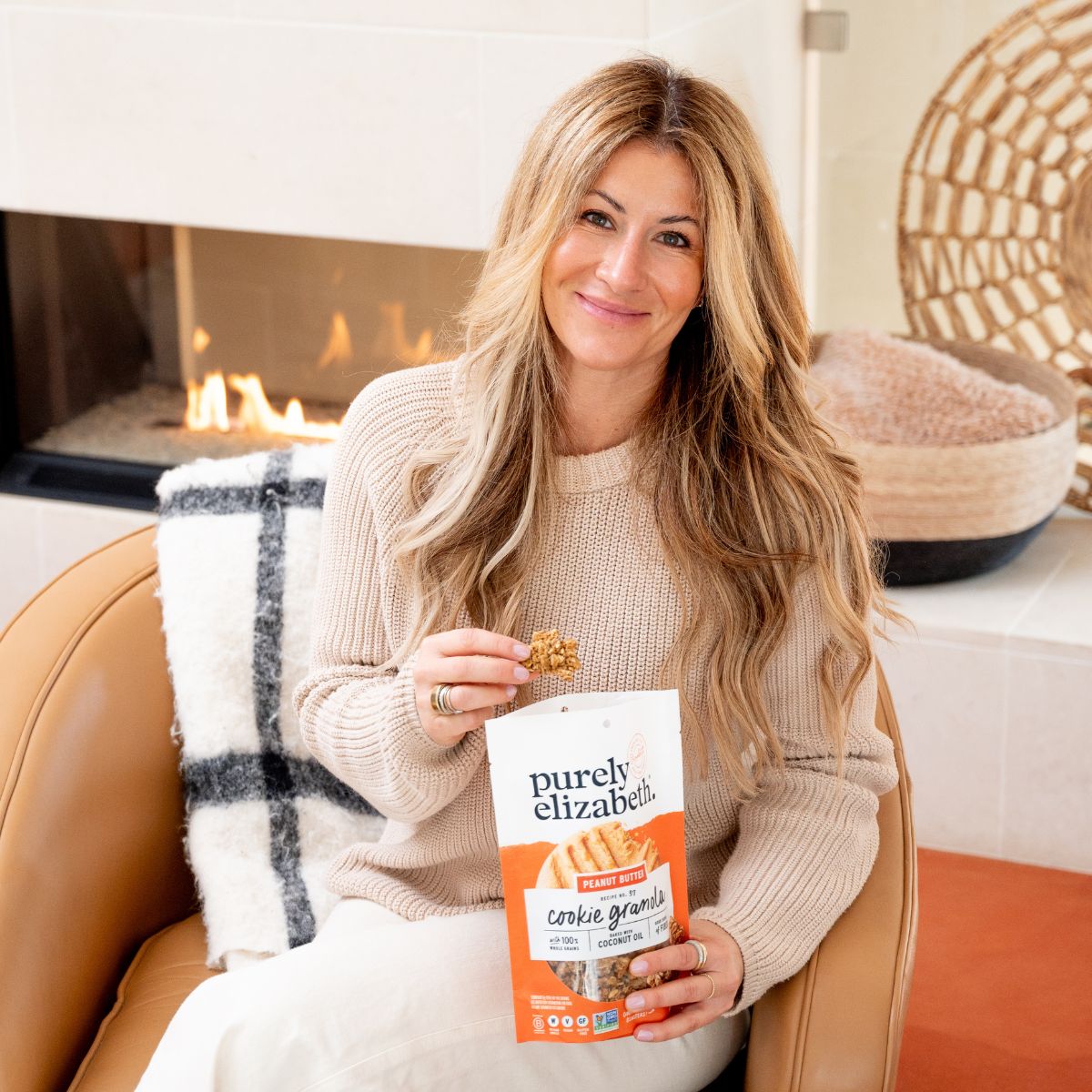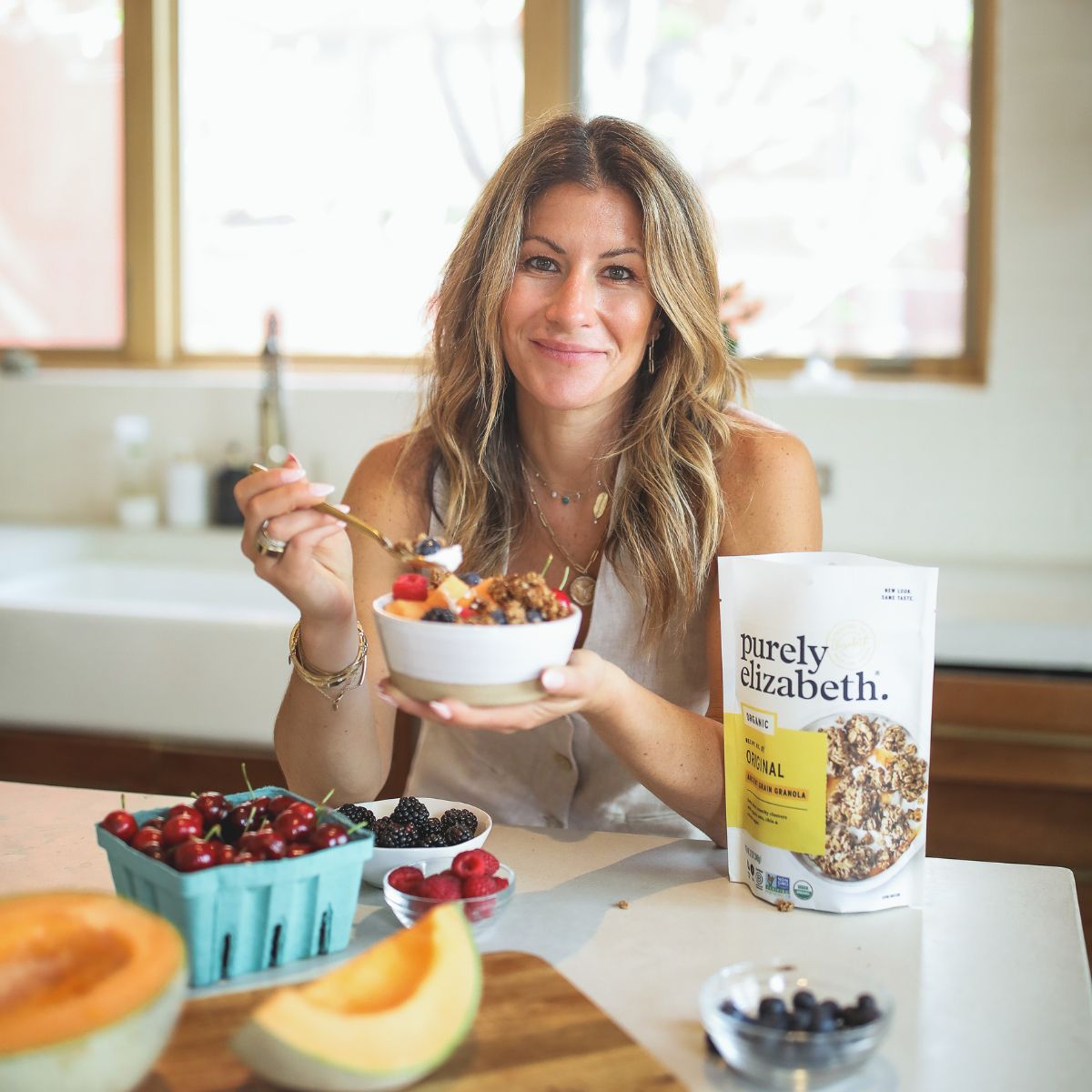Elizabeth is joined by Kori Estrada, Co-Founder of the natural oral care company RiseWell. In their conversation, Kori first talks about her background in finance, and how that influenced her mindset as a founder in RiseWell’s desire to maintain control of their own decisions and destiny. Kori needed to make sure that RiseWell’s products were safe, effective, and completely science-backed so that all dentists, including her brother, could feel confident recommending it to their patients. She explains what hydroxyapatite is and why it’s a safer alternative to fluoride, some of the less than ideal ingredients in current toothpastes on the market, and why it’s time to disrupt the $5 billion oral care industry with a new twist on oral health.
Discount Code: Use code LivePurely10 at RiseWell.com for 10% off.











